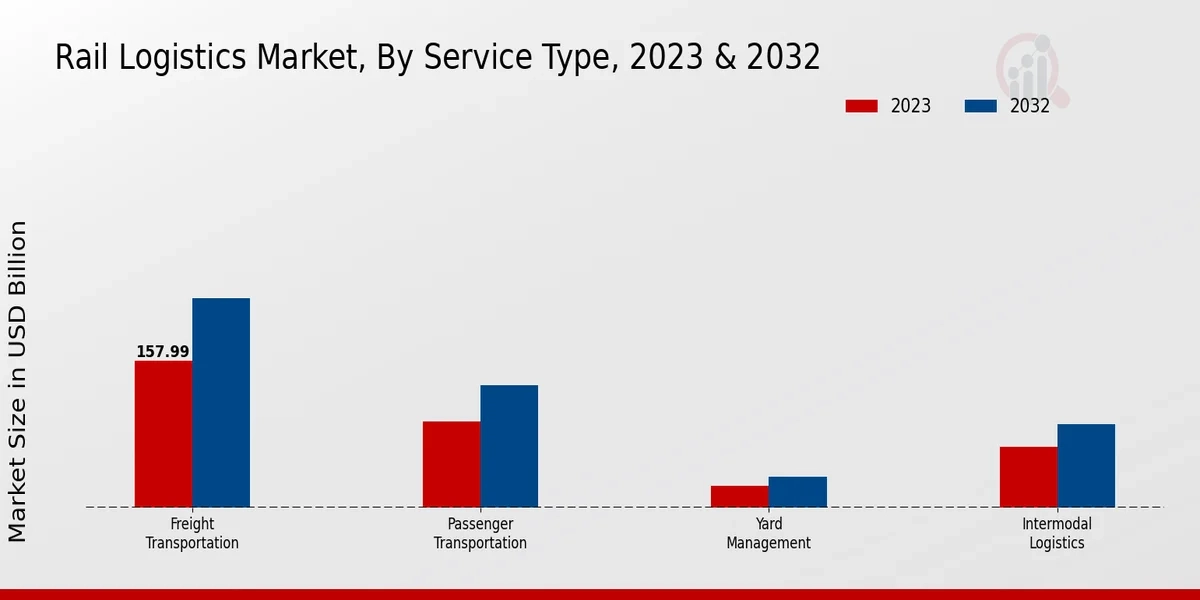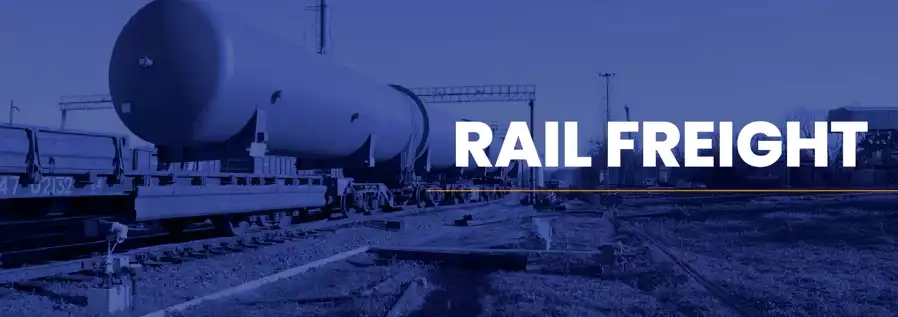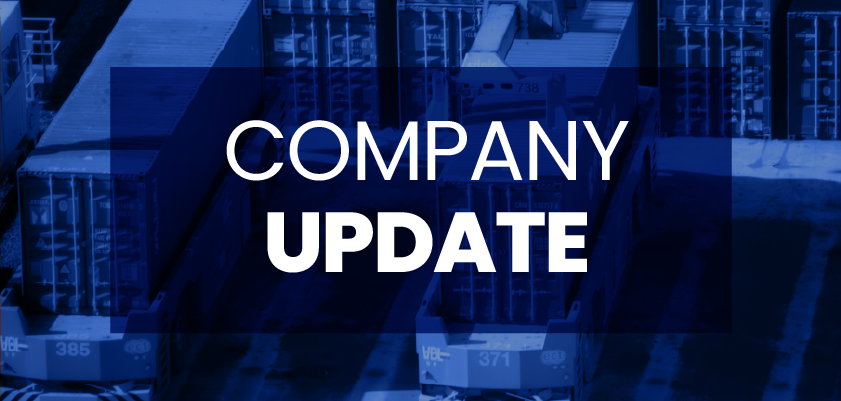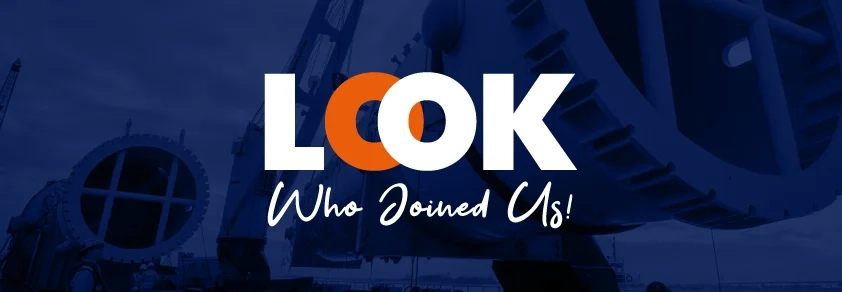List of Rail Freight Forwarders in OPCA
As effective as other forms of transportation are, freight rail transport stands out for its unmatched ability to transport oversized and heavy goods. It is an eco-friendly and impressive option among other shipment methods, ideal for all bulk cargo shipments. OPCA’s directory of freight forwarders who operate in rail freight features industry experts ready to meet all your transportation needs.
OPCA for Reliable and Fast Rail Freight Solutions!
Choosing the most reliable rail freight transport company is the best way to ensure the successful shipping of bulk cargo. OPCA has compiled a list of freight forwarders who are experts in rail freight services from all over the world to ensure maximum reach and efficiency for client shipments.
OPCA’s extensive rail freight forwarders network covers many international destinations and all types of terrain. By availing of the services of OPCA, clients can access reliable and fast freight solutions for their bulk cargo deliveries.
Compare International Rail Freight Companies with Ease
Compared to other options, such as sea freight shipping companies, international rail freight has come a long way in the last decade. The improved safety and efficiency have benefited global trade immensely. A diverse association like OPCA enables clients to make an informed choice with ease and confidence by using its trusted rail forwarders directory for international shipments. Clients can choose from a range of expert international railway freight forwarders to increase the reach and safety of their shipments.
The Role of Rail Freight in Accessing Global Markets
Railway freight has been a part of global trade since the invention of rail vehicles. The sheer size, capacity, and adaptability of rail carriers make them suitable for the transport of all kinds of cargo shipments. Rail freight is an economical transport solution and an effective link between airports, sea ports, distribution centers, and other inland locations worldwide.

*Source: https://www.marketresearchfuture.com
The Rail Logistics Market Size was estimated at 303.8 (USD Billion) in 2022. The Rail Logistics Market Industry is expected to grow from 315.98 (USD Billion) in 2023 to 450.0 (USD Billion) by 2032. The Rail Logistics Market CAGR (growth rate) is expected to be around 4.01% during the forecast period (2024 - 2032).
OPCA’s rail business directory is a treasure trove of expert rail freight providers that excel in bulk cargo shipments, intermodal solutions, and eco-friendly transportation.
Frequently Asked Questions (FAQ) About Rail Freight
What services do rail freight forwarders provide?
Freight rail operators offer a range of services, including the transportation of bulk goods and container-freight services. They are experts in delivering special cargo such as hazardous materials and oversized shipments. In addition to delivering, they also provide warehousing and storage solutions. Additionally, they ensure efficient tracking and monitoring of the railway freight, manage customs clearance and documentation, and assist with logistical planning and scheduling. For temperature-sensitive shipments, they offer shipping under controlled temperature conditions as needed.
How does rail freight compare to other modes of transportation in terms of cost and efficiency?
Freight rail transport is economical compared to air or land freight. This is valid for large and overweight cargo as well. Railroad networks cover an extensive area and are unaffected by harsh terrain, improving efficiency and decreasing unforeseen delays.
Rail freight is more fuel-efficient than ground freight and costs less per ton/mile. When you consider the other methods that air freight forwarders, rail freight is a more eco-friendly option with its low carbon emission. On the flip side, rail freight is slower and lacks the facility of direct door-to-door delivery, unlike ground freight.
What types of goods are best suited for rail freight?
The types of cargo that suit best for transportation via freight rail cars include bulk materials such as minerals and coal, fertilizers, and agricultural products. It is also ideal for heavy industrial items like steel, cement, and lumber, as well as hazardous cargo and chemicals. Additionally, it efficiently handles consumer products in containers, automotive goods, refrigerated and temperature-sensitive cargo, paper products, and various construction materials.
How do I track my rail freight shipment?
You can track your rail freight shipment in multiple ways:
Tracking Portal: Freight railroad companies have official tracking portals that clients can use to track their shipments by using the tracking data provided. Some may even offer real-time sms/email updates.
Customer Support Service: You can also contact the customer support of your freight provider directly to get updates on your shipment.
Shipping Documents: Reference documents like Freight Waybills can also be used to track your shipment.
Third-party Tracking: Some third-party platforms or apps in coordination with railroad networks provide tracking information as well.
EDI/GPS: Inquire about GPS tracking or Electronic Data Interchange from your freight provider. Both helps you to track your cargo effectively.
What documents are required to ship goods via rail?
The documents that you need to provide while shipping a cargo via rail freight include:
- BOL or Bill of Lading
- Packing List (a complete list of what is inside your shipment)
- Commercial Invoice (Needed by customs)
- Railway Freight Waybill
- CO or Certificate of Origin
- Customs Declaration Document
- Insurance Paperwork
- Delivery Order (To receive the shipment on the other side)
- Volume/weight Certificate
Are there any size or weight restrictions for rail freight shipments?
Although rail haulage is an effective way to transport oversized and overweight cargo, some size and weight restrictions do exist. These restrictions mostly depend on the type of rail cars and the railway infrastructure (tunnels, bridges) along the route. You can get precise information about any weight/size restrictions from your rail freight provider before shipping.
Can rail freight be combined with other modes of transportation for door-to-door delivery?
Yes, rail freight can be combined with other forms of transportation to offer and ensure door-to-door delivery. These intermodal transport solutions ensure that clients still get the benefit of last-mile delivery. Rail freight is usually combined with road freight (trucks) for this purpose.
What measures are in place to ensure the safety and security of rail freight shipments?
The safety of rail freight shipments is ensured through various measures, including securely locking all containers and utilizing advanced technologies such as CCTV and GPS tracking. Strict safety guidelines are followed for hazardous goods, complemented by adherence to regulatory standards. Emergency preparedness is ensured through robust contingency plans, while manual monitoring, such as regular rail car inspections, adds another layer of security. Additionally, cargo is handled by trained experts, and security personnel are deployed to safeguard shipments throughout their journey.
How do weather conditions affect rail freight schedules and delivery times?
Bad weather generally causes delays in rail freight by manual obstruction on tracks or by slowing down the speed (low visibility). Extreme weather may impact railway tracks, necessitating unforeseen stops, maintenance, or rerouting.
What should I do if my rail shipment is delayed or lost?
In case of a lost or delayed rail freight shipment, contact your freight provider immediately. Your provider will offer you a new shipping timeline. Unforeseen delays may necessitate rerouting, warehouse storage, or other forms of transportation and may incur extra costs. For lost shipments, you have to file a claim with the freight company. Stay in contact with your freight provider for any updates, conflict resolution, or reimbursement.
_logo.webp)



